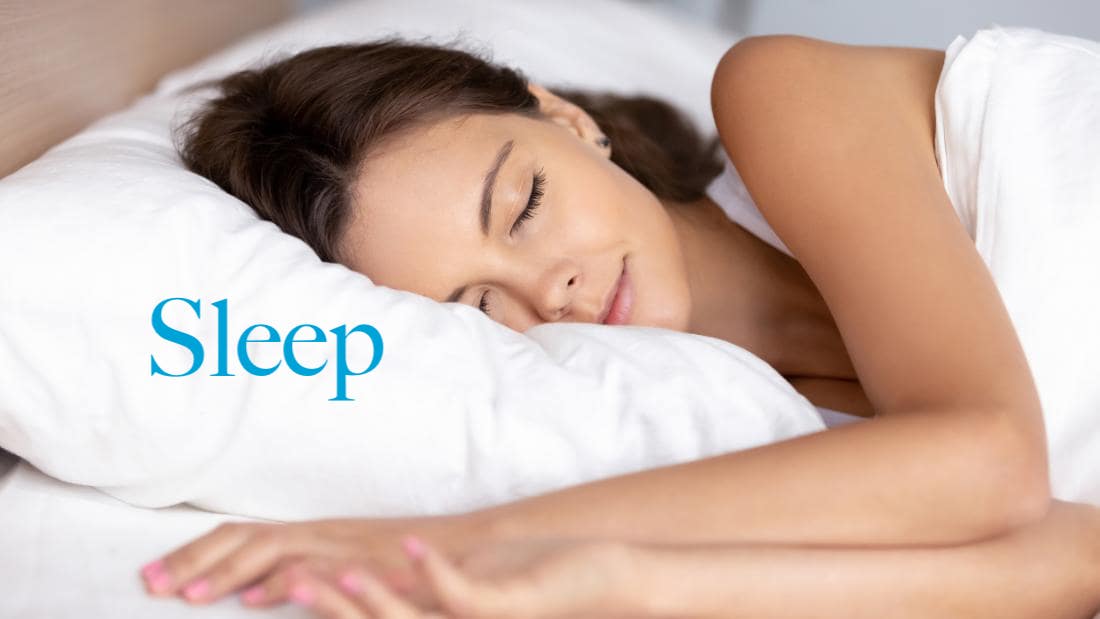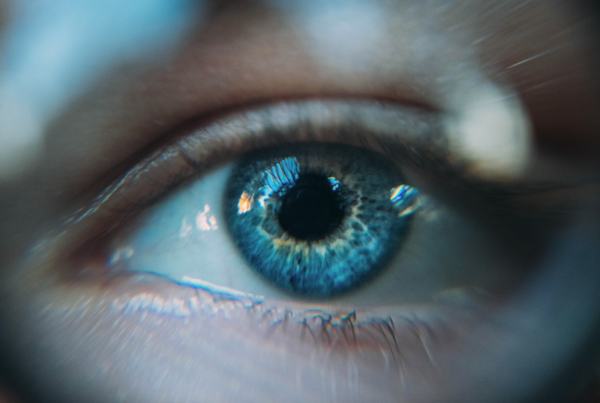March 18th, World Sleep Day, gives me the opportunity to write a post, as a French study shows that 85% of the population suffers from sleep disorders.
In naturopathy as well as in Traditional Chinese Medicine, sleep is considered as one of the 5 pillars of health with diet, physical activity, mental management and breathing. Sleep is a precious time of rest, during which the body repairs itself, eliminates toxins, recycles acids and regenerates.
Here are some essential points to understand the mechanisms of sleep.
Sleep, hormones, neurotransmitters
Sleep involves the hormonal system, in particular melatonin, also called the sleep hormone, and valatonin, which has just been discovered. Melatonin is synthesized from serotonin, itself produced from tryptophan, an essential amino acid, which must be provided by the diet (turkey, oats, eggs, fish, legumes …). For the production of serotonin from tryptophan to be effective, the body must have sufficient levels of zinc, magnesium and vitamin B6.
Neurotransmitters such as GABA, responsible for calm and relaxation, are also involved in the sleep process. Cortisol, produced abundantly during chronic stress, is a great destroyer of Tryptophan. This explains in part why in periods of intense stress sleep is disturbed.
Finally, two hormones regulate our appetite: leptin, which induces the sensation of satiety and increases energy expenditure, and ghrelin, which stimulates our appetite and reduces our physical expenditure. However, leptin production is reduced when we do not sleep enough, and on the contrary, ghrelin production increases. At the same time, when sleep duration is reduced, the production of hormones that regulate glucose metabolism is also disturbed, favoring weight gain and possibly the appearance of glucose intolerance with progressive evolution towards type 2 diabetes.
Sleep and light
When the retina perceives light through the eyelids, it transmits the information to the hypothalamus and then to the pineal gland, which stops the production of melatonin and triggers the secretion of noradrenaline. This is the moment of awakening. Light is therefore the main synchronizer of our internal clock because its absence stimulates the production of melatonin. It is for this reason that we feel more like sleeping in winter when the nights are long, or conversely that sleep will be less recuperative if we do not sleep in full dark.
The intensive use of screens (computers, tablets, laptops, television) plays an important role in sleep disorders because the excess of blue light blocks the production of melatonin.
Sleep and cognitive functions
Recent advances in neuroscience have taught us that sleep is not a passive state, but an authentic form of brain activity. This activity includes the sorting of information, such as conducting what we have learned during the day into the long-term memory storage center, and the elimination of what we no longer need. This process of eliminating useless connections is called “pruning”, literally “cutting dead or out of shape tree branches to encourage the appearance of young shoots”. So on the one hand, sleep relieves us of too much information to make room for new learning, and on the other hand, it strengthens the connections of acquired knowledge.
😴
“Needless to say: sleep is crucial, and without sleep there is no life”.
We all have different ways of apprehending sleep. For some people, bedtime is eagerly awaited, while for others it is a source of apprehension. And let’s not forget that sleep deprivation is not only an adult problem; it affects children more and more every day.
Basic guidelines to improve your sleep
– Sleep at regular hours, both during the week and on weekends
– Avoid social jetlag (going to bed and getting up at abnormally late hours when the work week is over)
– Go to bed and get up as much as possible in phase with natural light. It is normal to sleep more in winter than in summer.
– Sleep in complete darkness: get rid of polluting lights such as those from standby appliances, alarm systems, and those from the street.
– Turn off screens two hours before going to sleep
– Do not consume stimulants six hours before bedtime (coffee, chocolate, alcohol, stimulating spices)
– Remove electrical appliances near the bed, ideally cut the electrical circuit of the room at the electricity meter.
– Reduce the amount of “messages” associated with the bed, such as eating, working, watching violent or distressing movies. The function of our bed is to welcome rest, sleep. Turning it into a movie theater, office or eating place can confuse the brain.
– Block electromagnetic waves: put cell phones on airplane mode and turn off the Wi-Fi router.
– Set the temperature of the room around 18 degrees
– Practice some exercise, reconnect with nature, eat lightly in the evening (no fried food, sugar, red meat).
Whatever sleep problems you are suffering from, they can have multiple origins: digestive, dietary, structural, psychological, energetic, local internal or external, etc. If your sleep does not improve even though all the above parameters are respected, make an appointment so that we can study the factors that are involved (inflammation, over-activation of the sympathic system, hepatic overload, etc.).
The intervention of the naturopath is global/holistic and will allow to identify the causes of disorders, to restore health and vitality, in an individual and targeted way.





